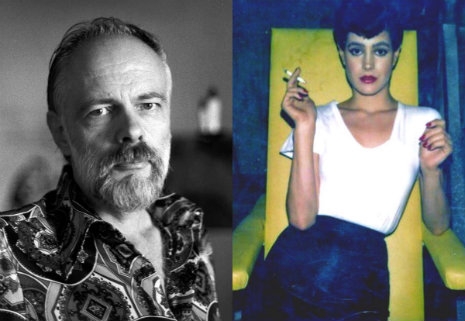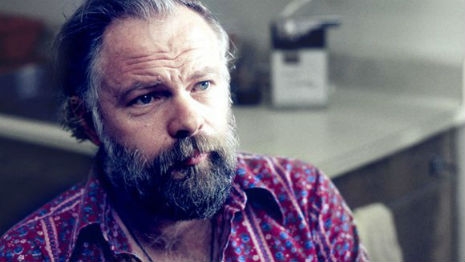
In 1981, Philip K. Dick discussed the ideas and themes behind his novel Do Androids Dream of Electric Sheep? in an interview with author Paul M. Sammon. Dick’s novel about a hired assassin (Rick Deckard) paid to eliminate escaped androids formed the basis for Ridley Scott’s classic science-fiction film Blade Runner. The story had its genesis in research for his novel The Man in the High Castle. Dick studied psychological studies on the mentality of the Germans who became Nazis and read how these Germans were often highly intelligent but emotionally “so defective that the word human could not properly be applied” to them.
This led Dick to a philosophical investigation into “the problem of differentiating the authentic human being from the reflex machine I call an android.”
For me the word ‘android’ is a metaphor for people who are physiologically human but psychologically behaving in a non-human way.
This was a subject Dick discussed in a lecture on “The Android and the Human” in 1972:
...an android means, as I said, to allow oneself to become a means, or to be pounded down, manipulated, made into a means without one’s consent—the results are the same. But you cannot turn a human into an android if that human is going to break laws every chance he gets. Androidization requires obedience. And, most of all, predictability. It is precisely when a given person’s response to any given situation can be predicted with scientific accuracy that the gates are open for the wholesale production of the android life form.

Philip K. Dick.
In Do Androids Dream of Electric Sheep? Dick developed the idea of “androidization” further when he considered what would happen in a war between humans and androids—would humans become more android-like if they won?
This emotional interplay between humans and androids was also examined in the relationship between Deckard and the android Rachael Rosen, which Dick discussed in “Notes on Do Androids Dream of Electric Sheep?” (1968):
And this brings up the whole underlying subject: sexual relations between humans and androids. What is it like? What does it mean? Is it, for instance, like going to bed with a real woman? Or is it an awful, nightmarish, bad trip, where what is dead and inert seems alive and warm and capable of the most acute intimacy known to living creatures? Isn’t this, this sexual union between Rick Deckard and Rachael Rosen—isn’t it the summa of falsity and mechanical motions carried out minus any real feeling, as we understand the word? Feeling on each of their parts. Does in fact her mental—and physical—coldness numb the male, the human man, into an echo of it?
...[Deckard’s] relationship, by having intercourse with her, has melded him to—not an individual, human or android—but to a whole type or model, of which theoretically, there could be tens of thousands. To whom, then, has he really given his erotic libido?
...Here, I think, the crucial questions of What is reality? and What is illusion? come up strongly….The more Rick strives to force her to become a woman—or, more accurately, to play the role of a woman—the more he encounters the core of the unlife within her…his attempt to make love to her as a woman for him is defeated by the tireless core of her electronic being.
Dick postulates that the failure of their lovemaking “may be vital in his determination—and success—in destroying the last of these andys.”
In this interview, Dick discusses some of these key questions about what is reality? what is human?
Thomas M. Disch once said that his friend Philip K. Dick liked to play-up the image of the hard-done-to artist, struggling in the garret, living off ground-up horse meat (which supposedly led Dick to translate his name into “Horselover Fat”—Philip Greek for horse lover, Dick German for fat), but things were never really that bad. However, he agreed America gave short-shrift to speculative science-fiction writers, and was grateful for the adulation and serious critical appraisal both received in Europe.
In 1977, Philip K. Dick was interviewed for French television where he discussed the problems of being a speculative science-fiction writer in America, as well as many of the philosophical ideas behind his works.